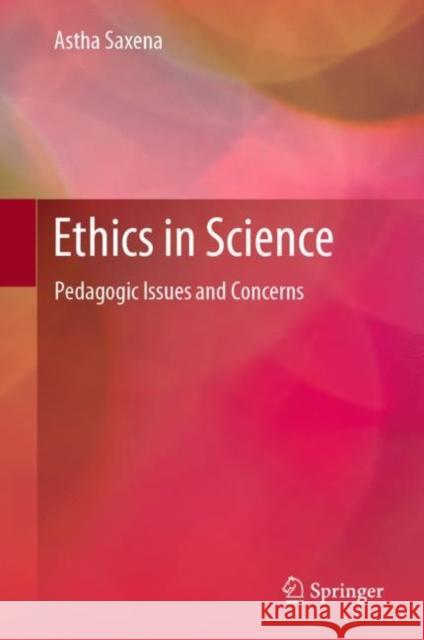Ethics in Science: Pedagogic Issues and Concerns » książka
topmenu
Ethics in Science: Pedagogic Issues and Concerns
ISBN-13: 9789813290082 / Angielski / Twarda / 2019 / 265 str.
Ethics in Science: Pedagogic Issues and Concerns
ISBN-13: 9789813290082 / Angielski / Twarda / 2019 / 265 str.
cena 402,53
(netto: 383,36 VAT: 5%)
Najniższa cena z 30 dni: 385,52
(netto: 383,36 VAT: 5%)
Najniższa cena z 30 dni: 385,52
Termin realizacji zamówienia:
ok. 16-18 dni roboczych.
ok. 16-18 dni roboczych.
Darmowa dostawa!
Kategorie:
Kategorie BISAC:
Wydawca:
Springer
Język:
Angielski
ISBN-13:
9789813290082
Rok wydania:
2019
Dostępne języki:
Ilość stron:
265
Waga:
0.59 kg
Wymiary:
23.39 x 15.6 x 1.75
Oprawa:
Twarda
Dodatkowe informacje:
Wydanie ilustrowane











